Our FarmTourist project, carried out within the PoliRuralPlus Outreach Call, aimed to connect small and medium-sized farms, gastronomy, and tourism in the Pošumaví - Šumava - Bavarian Forest region. The project was led by Úhlava, o.p.s., in cooperation with the Pošumaví Tourism Region, z.s., achieving the maximum possible level of collaboration within the region. This area, known for its beautiful nature, has long faced a gap between local producers and customer demand, which reduced the competitiveness of farmers and producers. The project helped address this issue by connecting local producers with tourism services, supporting the overall development of the region.
One of the most significant events of the project was the workshop “From Farm to Tourist”, held on January 21, 2025, in Klatovy. This workshop not only provided inspiration but also practical insights that will serve as the foundation for future steps in promoting and selling regional products and tourism. Participants, including farmers, entrepreneurs, representatives from tourism organizations, researchers, and policymakers, actively engaged in discussions and brainstorming sessions.
During the workshop, various collaboration models between farmers and tourism services were presented. Successful examples from both the Czech Republic and abroad were discussed, such as e-commerce platforms dedicated to regional products and automated sales channels on farms. These innovative approaches aim to address challenges related to the distribution and promotion of local products. Participants also touched upon the obstacles faced by farmers when implementing such technologies, including unsuitable technical solutions for sales machines and challenges with overtourism in certain areas.
Special attention was drawn to the concept of stellplatzes - parking spaces for caravans on farms, allowing tourists traveling with their own caravans to stay directly on farms. This form of travel fosters better connections between guests and farmers in their everyday life, contributing to an authentic experience. This model is supported by the Czech app BezKempu.cz, which ensures that only a limited number of caravans are hosted on each private stellplatz, ensuring comfort for both landowners and guests.
Throughout the workshop, feedback was collected from participants, which helped identify the key needs and expectations of all involved parties. Survey results revealed the greatest interest in developing short supply chains and direct sales, for example, through digital platforms. Participants also expressed a desire for online marketing training, which would help them better promote their products, and showed interest in access to financial support for business development. The feedback and data analysis provided important insights for the future steps of the project.
Based on these findings, specific innovative solutions were proposed, which could be implemented in future projects. Among the most prominent was a digital platform connected to existing tourism websites, which would connect farmers, tourists, and local entrepreneurs, enabling better access to information about products and sales locations. Furthermore, the use of automated sales channels and mobile apps was suggested to facilitate access to regional products and support their sale. Lastly, ongoing farmer training and mentoring programs were identified as key to improving marketing and sales skills.
The project also demonstrated that cross-border cooperation between the Czech Republic and Bavaria in the area of regional products and tourism holds great potential. However, challenges such as language barriers, administrative issues, and differing consumer habits still need to be overcome. Despite these obstacles, it is clear that such collaboration can yield mutually beneficial results for both sides.
In conclusion, the FarmTourist project showed that connecting regional products with tourism has enormous potential, not only for the local economy but also for the development of sustainable tourism. To achieve this goal, it is necessary to continue supporting digitalization, training small and medium-sized businesses, and developing new technologies that enable effective marketing and sales of local products. The project also recommends focusing on emerging trends in bioeconomy and circular economy, which can contribute to the long-term sustainability and growth of the region. The next steps will include implementing the proposed digital solutions, organizing farmer training programs, and expanding collaboration between producers and tourism stakeholders.
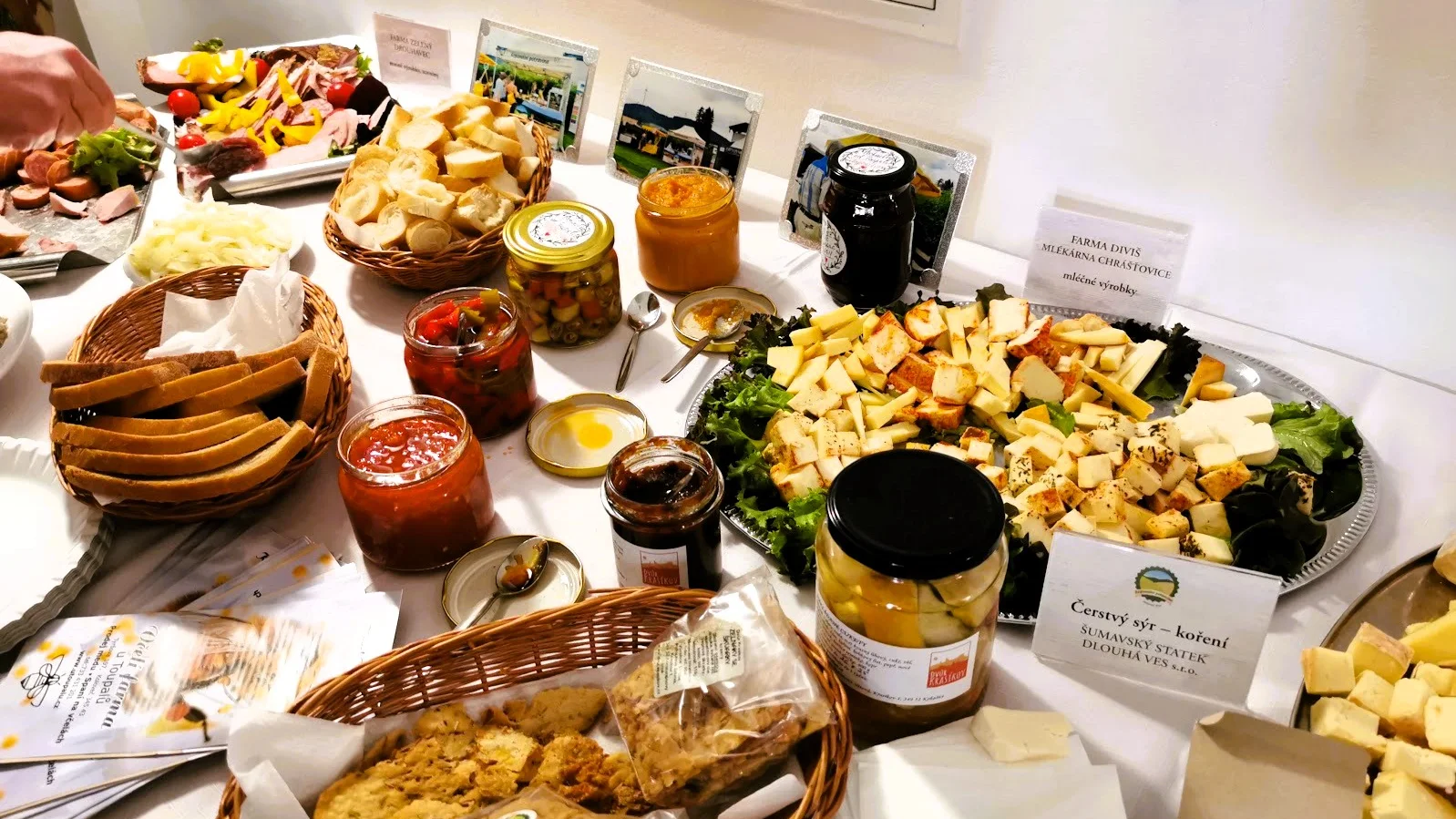
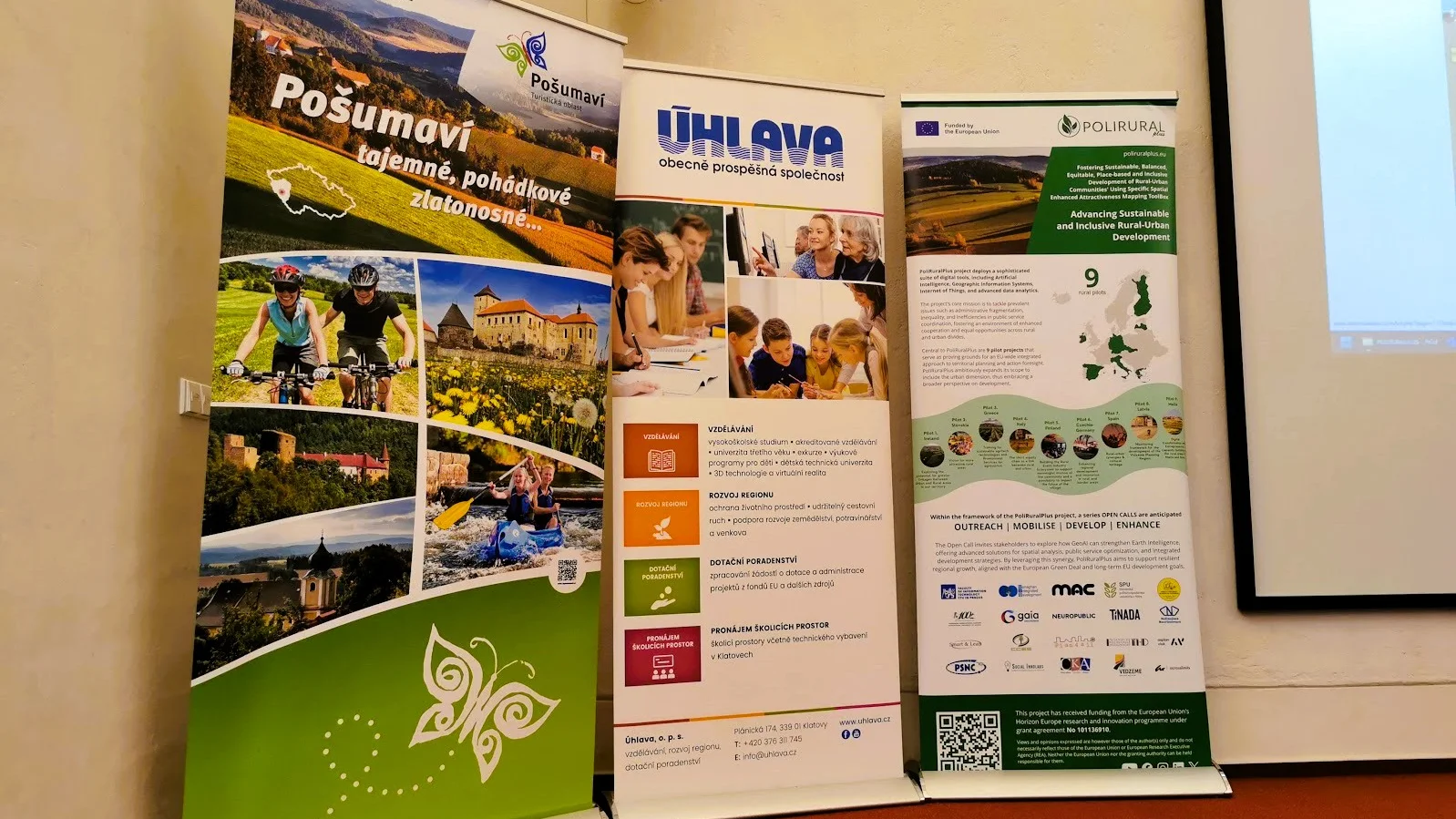
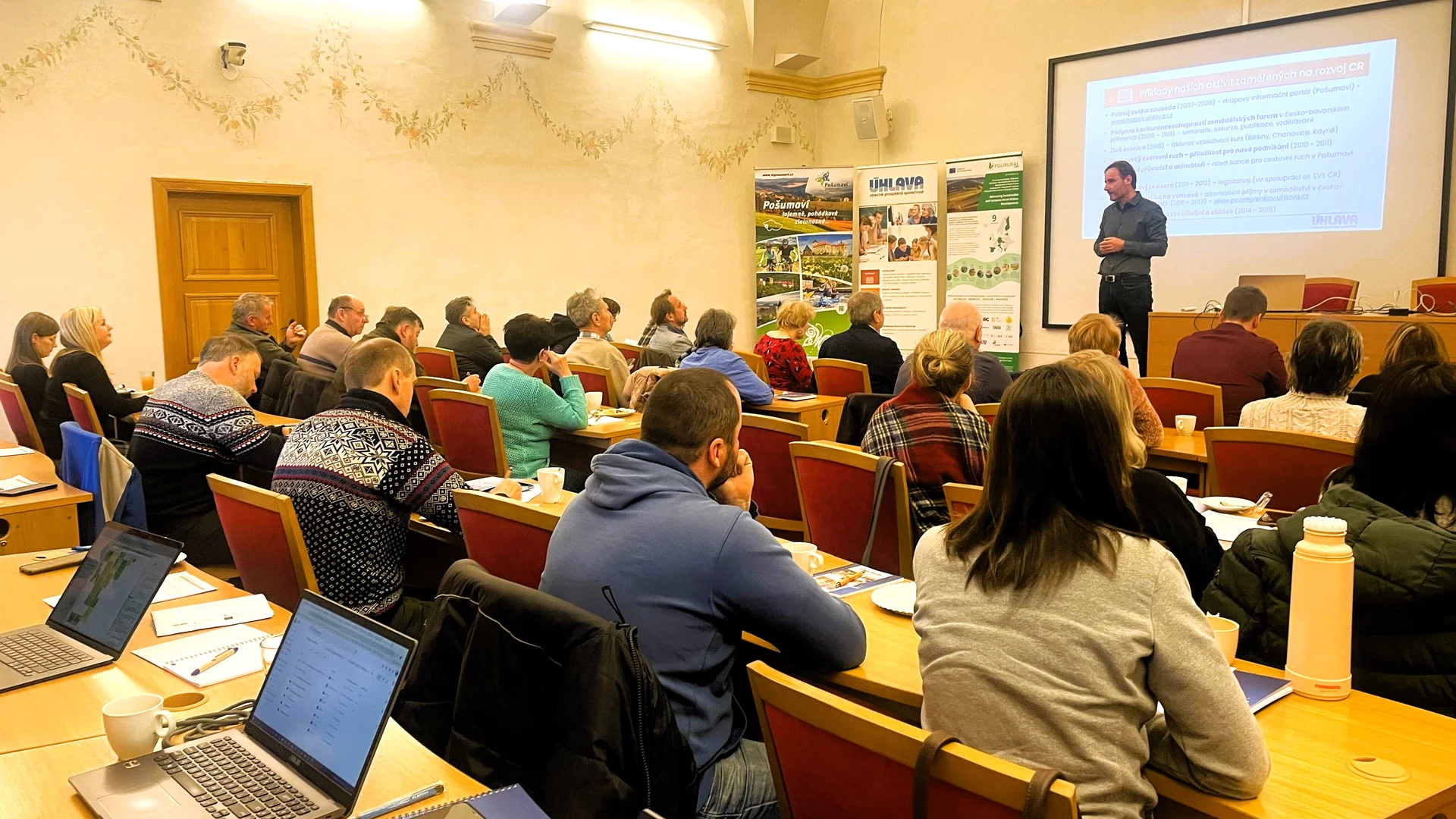
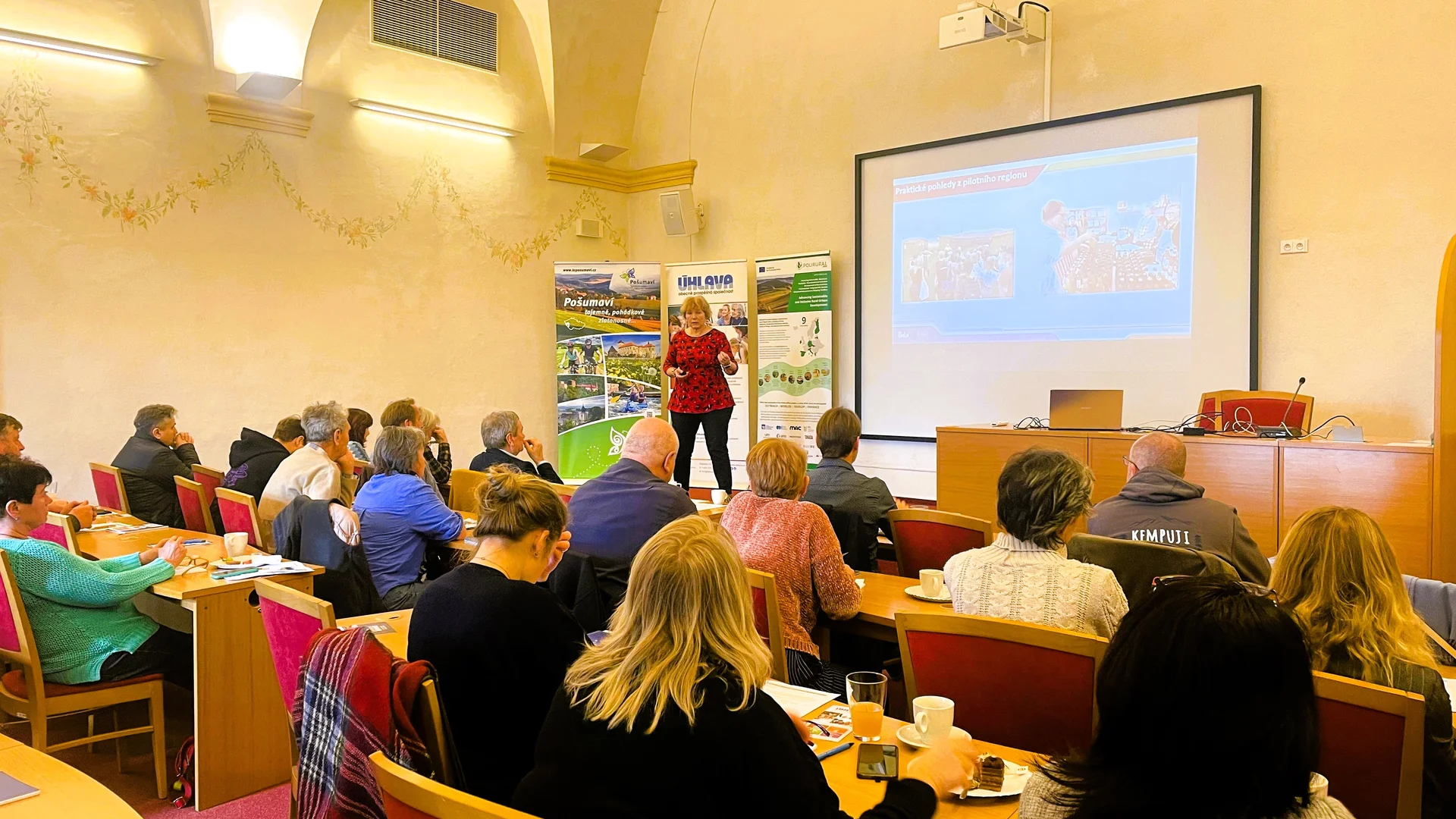

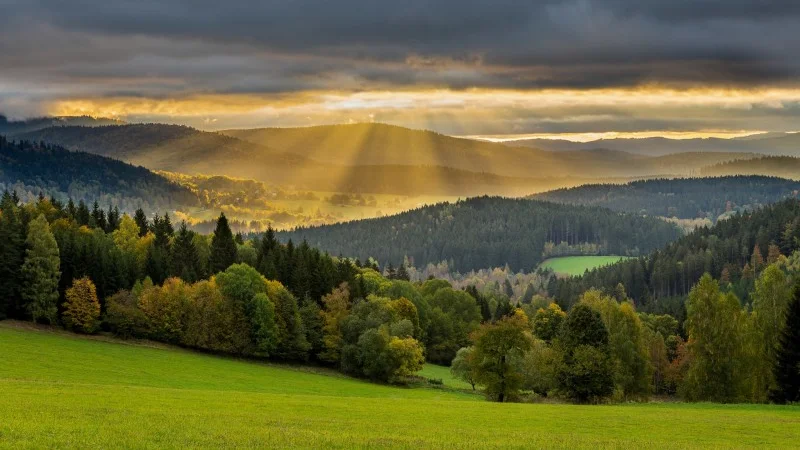
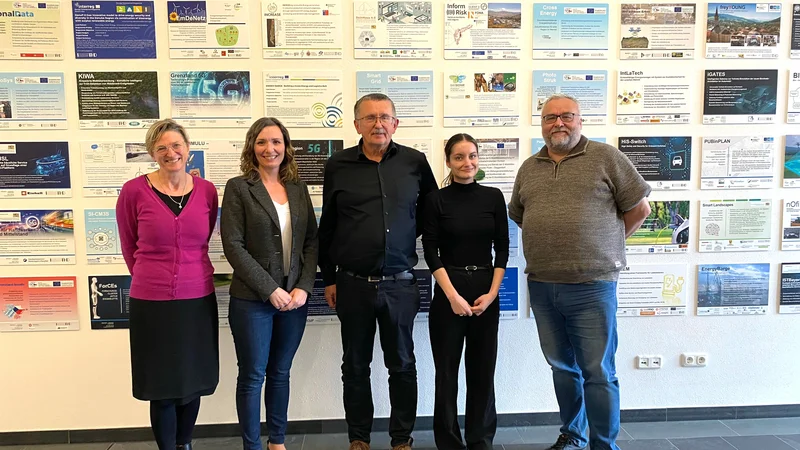
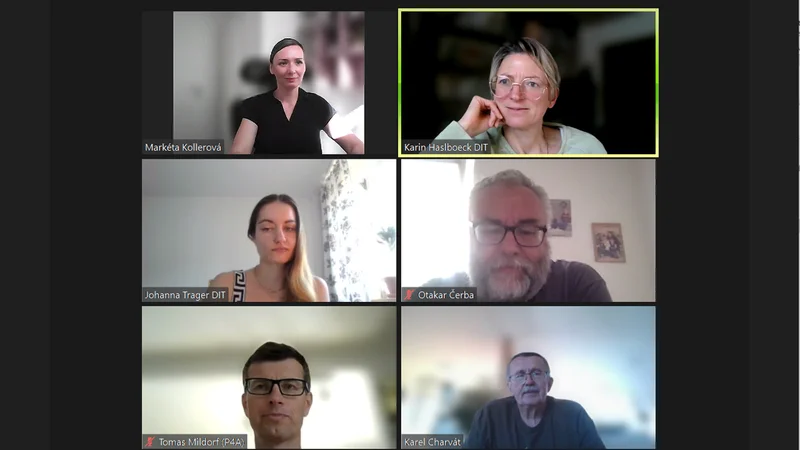
Existing Comments